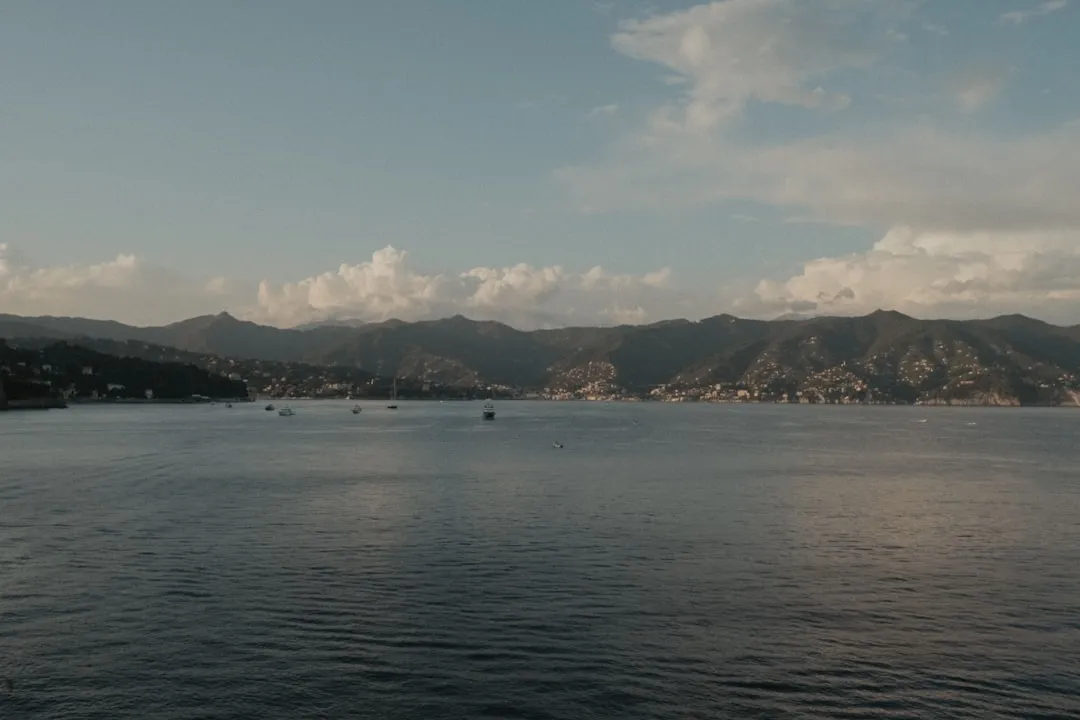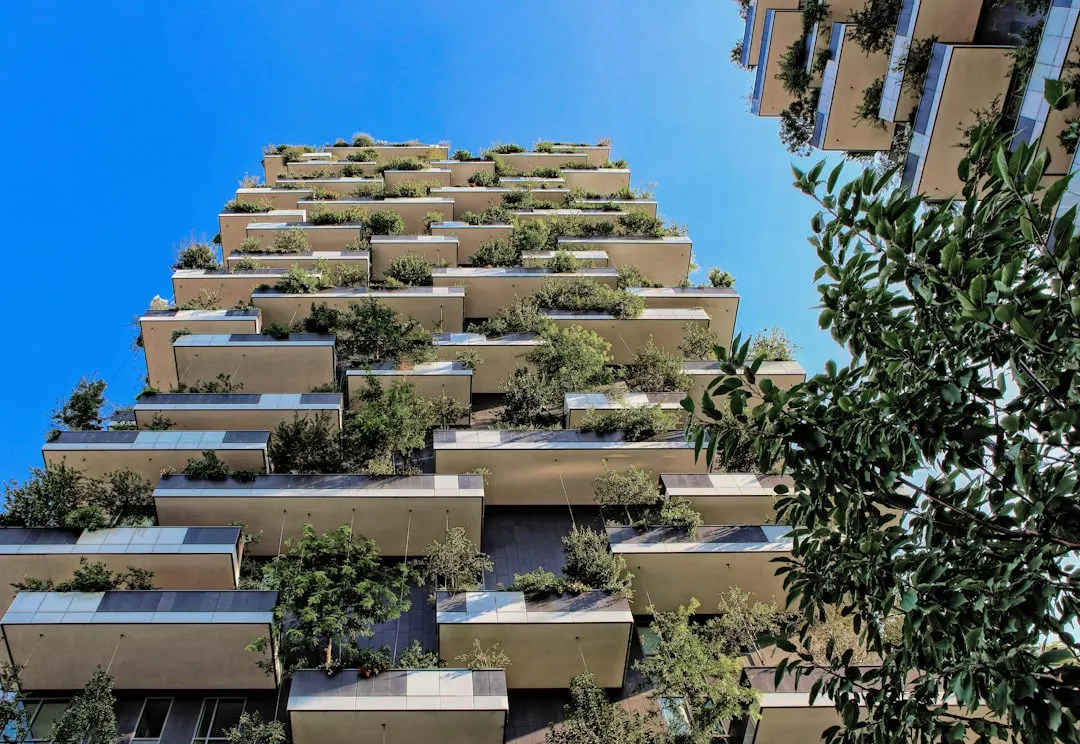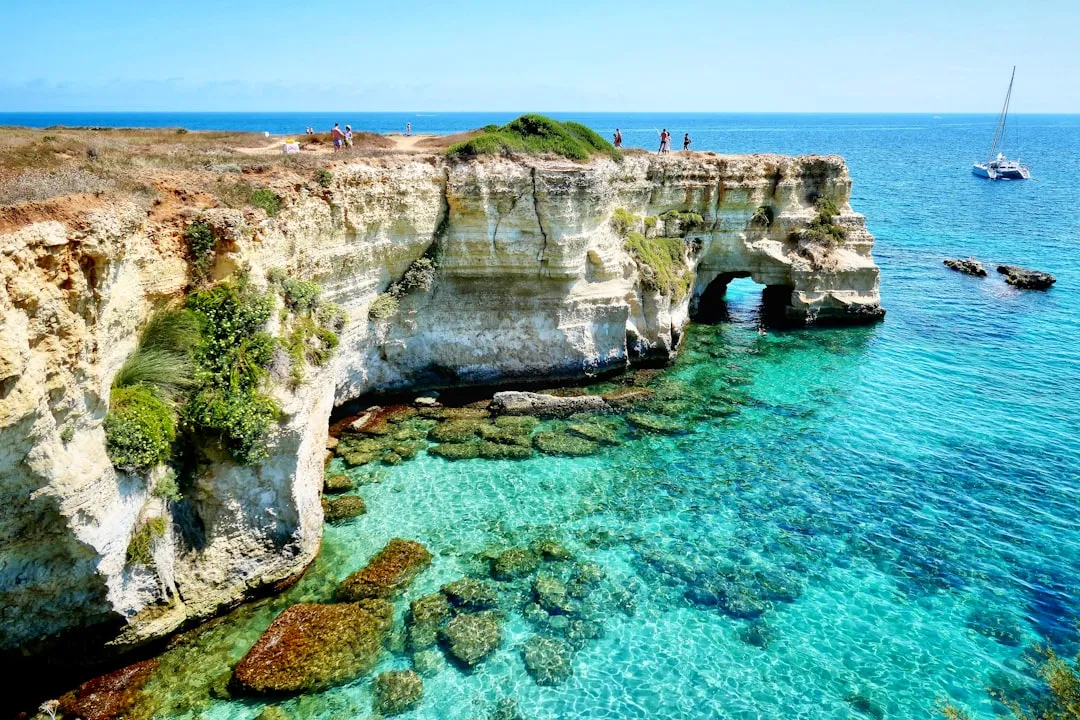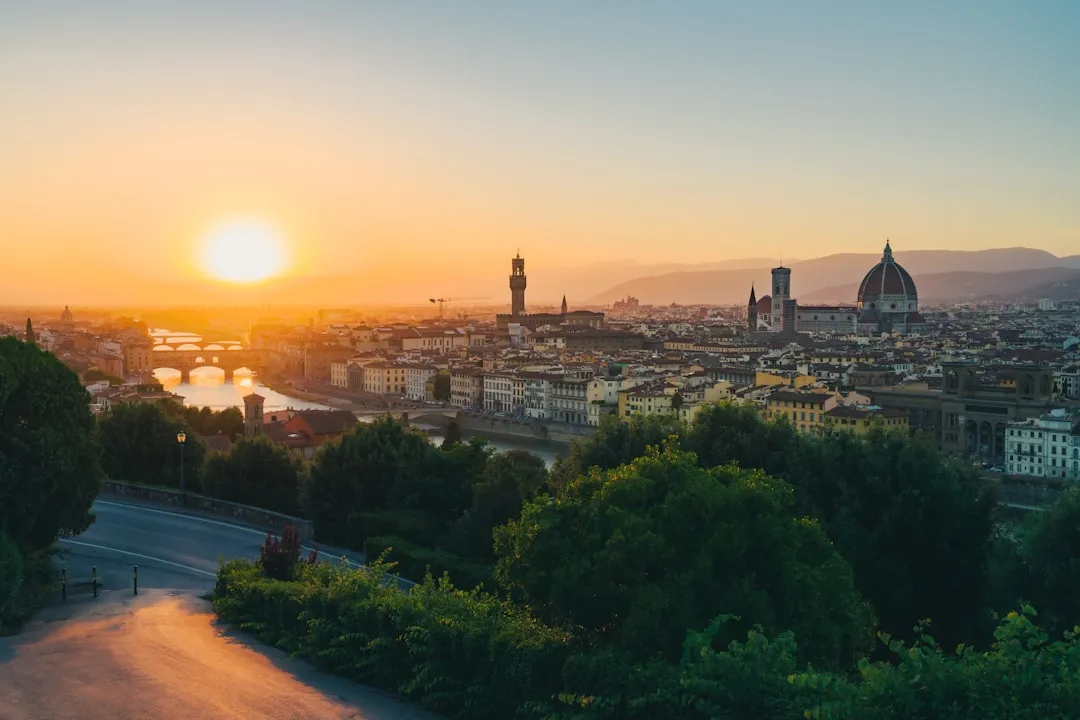Italy, with its charming villages, breathtaking landscapes, and unparalleled culture, has long been a dream destination for retirees. If you’re considering making Italy your home during your golden years, the Italian Retirement Visa, also known as the Elective Residency Visa (Visto per Residenza Elettiva) or Passive Income Visa, is your key to a peaceful and fulfilling life in the heart of Europe. As an Italian, I’m thrilled to guide you through this comprehensive overview of the retirement visa process, requirements, and benefits.
1. Overview of the Italian Retirement Visa
The Elective Residency Visa is tailored for individuals who wish to reside in Italy without engaging in any work or business activities. This visa is most suitable for retirees with sufficient passive income, such as pensions, investments, or savings, to support themselves independently. It allows for long-term residence and serves as a pathway to permanent residency or Italian citizenship.
2. Why Choose the Italian Retirement Visa?
Unmatched Lifestyle
Italy offers a serene lifestyle, rich cultural heritage, and a slower pace of life ideal for retirees.
Beautiful and Diverse Regions
From Tuscany’s rolling hills to the Amalfi Coast’s stunning shores, Italy provides endless choices for scenic living.
Access to High-Quality Services
Enjoy access to Italy’s world-class healthcare and public services.
EU Residency Benefits
Holders of this visa can travel freely within the Schengen Area.
3. Requirements for the Italian Retirement Visa
To qualify for the Italian Retirement Visa, you need to meet the following requirements and provide supporting documents:
Financial Requirements
- Passive Income: Proof of regular and stable income of at least €31,000 per year for individuals or €38,000 for couples. This income can come from pensions, rental properties, dividends, or other investments.
- Savings: Substantial savings or assets to cover unforeseen expenses.
Housing Requirements
- Accommodation: Proof of a permanent residence in Italy, such as a purchased property or a long-term rental agreement.
General Eligibility
- Clean Criminal Record: A certificate from your home country.
- Health Insurance: Private health insurance covering your stay in Italy until you qualify for the national health system.
Specific Documents
- Visa Application Form: Fully completed and signed.
- Passport: Valid for at least three months beyond the intended stay, with two blank pages for the visa.
- Passport Photos: Two recent photos meeting consulate standards.
- Proof of Income: Bank statements, pension statements, or investment account statements.
- Proof of Accommodation: Purchase deed or rental contract.
- Health Insurance Policy: Documentation showing comprehensive coverage.
- Clean Criminal Record Certificate: Dated within six months of application.
4. Types of Retirement Visas
While the Elective Residency Visa is the primary option for retirees, some individuals may also explore:
- Family Reunification Visa: If you have family members legally residing in Italy.
- Golden Visa: For retirees willing to make significant investments in Italy, such as property purchases or financial contributions.
5. Application Process for the Italian Retirement Visa
Step 1: Gather Documents
Compile all required documents, ensuring they are translated into Italian and notarized where necessary.
Step 2: Submit the Application
Submit your visa application to the Italian consulate in your home country. Include all required documents and pay the visa fee (€116).
Step 3: Attend an Interview
You may be required to attend an in-person interview at the consulate. Be prepared to discuss your plans and demonstrate financial solvency.
Step 4: Wait for Processing
Processing times can range from 1 to 3 months.
Step 5: Travel to Italy and Apply for a Residence Permit
Within 8 days of arrival in Italy, apply for a Permesso di Soggiorno (Residence Permit) at the local post office or immigration office.
6. Tips to Apply for the Italian Retirement Visa
- Prepare Early: Start collecting documents well in advance to avoid delays.
- Demonstrate Financial Stability: Provide detailed and clear evidence of income and savings.
- Choose Suitable Accommodation: Ensure your property meets visa requirements.
- Consult Experts: Seek advice from Italian immigration lawyers or relocation specialists.
7. Financial Implications
Visa Costs
- Visa Fee: €116.
- Residence Permit Fee: €80-€200, depending on the duration.
Tax Implications
- Flat Tax Regime: Eligible retirees can opt for a flat tax of €100,000 annually on foreign income.
- Forfait Regime: A simplified tax regime for freelance individuals with annual incomes under €85,000.
8. Pros and Cons of Living in Italy with a Retirement Visa
Pros
- Access to world-class healthcare and public services.
- Opportunity to enjoy Italy’s rich cultural and culinary heritage.
- Travel freely within the Schengen Area.
- Pathway to permanent residency or citizenship.
Cons
- Bureaucratic hurdles during application and renewal processes.
- High cost of living in certain cities.
- Language barriers in less touristy regions.
9. Best Cities to Retire in Italy
1. Florence
Ideal for art and culture enthusiasts seeking a vibrant yet peaceful lifestyle.
2. Siena
A picturesque medieval town offering tranquility and a sense of community.
3. Lecce
Known as the "Florence of the South," Lecce boasts Baroque architecture and affordable living.
4. Lake Como
Perfect for retirees who love nature and upscale living.
5. Palermo
An affordable city with a rich history and Mediterranean charm.
6. Liguria
With stunning coastal towns like Genoa, Cinque Terre, Camogli, Santa Margherita Ligure and Portofino, Liguria offers a slower pace of life, ideal for those seeking relaxation. The region is also home to a growing number of tech and creative professionals.
Conclusion
Retiring in Italy with an Elective Residency Visa offers a unique chance to immerse yourself in one of the world’s most beautiful and culturally rich countries. While the process may require thorough preparation and patience, the rewards are immeasurable. As an Italian, I’m excited to share this guide to help you embark on this new chapter of your life.




